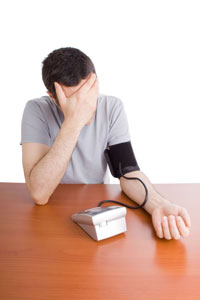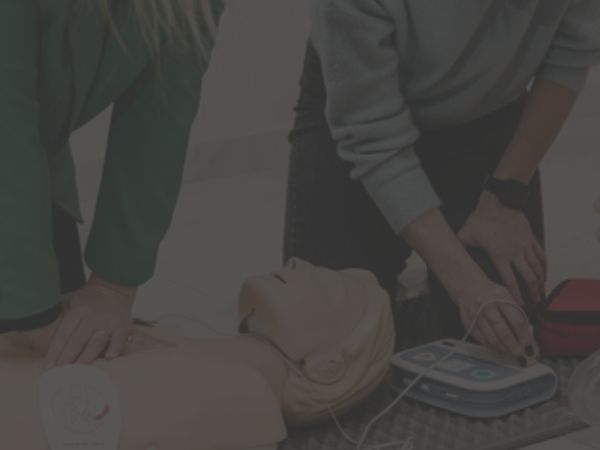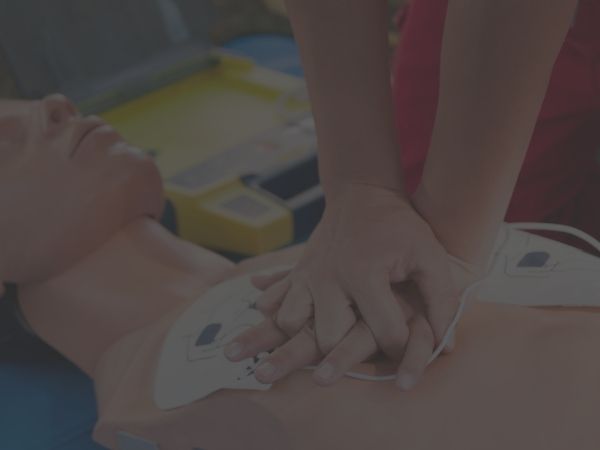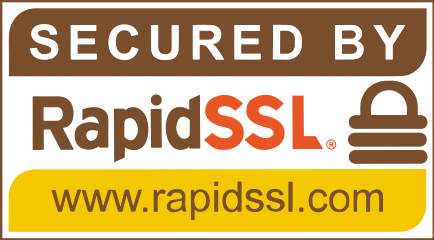Your cart is currently empty!
3 Tips on Controlling Blood Pressure Without Medication
HIGH BLOOD PRESSURE, or hypertension, affects about 1 in 3 Americans, and unfortunately, only about half of these 70 million individuals have their blood pressure under control. Because hypertension often shows no symptoms, it’s crucial to implement healthy lifestyle habits that act as preventative measures. Controlling blood pressure may be improved without medication if prevented or detected soon enough. There are several lifestyle changes you can implement to lower blood pressure with our without medication.
 1. Shed some pounds
1. Shed some pounds
Did you know there is a positive correlation between weight and blood pressure? As an individual’s weight increases, often so do their blood pressure, which can eventually lead to hypertension, especially if the weight is more focused towards the waistline. According to “Obesity-associated hypertension new insights into mechanisms”, obesity is strongly associated with hypertension, abnormal blood pressure, and cardiovascular disease, which is caused by various factors such as the activation of the sympathetic nervous system, renin-angiotensin-aldosterone system, endothelial dysfunction, and renal functional defects.
Men with a waist measurement greater than or equal to 40 inches, and women with a waist measurement greater or equal to 35 inches, are considered at a greater risk for high blood pressure.
2. Eat your veggies instead
A major improvement can be as simple as eating a heart-healthy diet.
According to Bellows and Moore, there are five dietary recommendations that are designed to help lower blood pressure without medication. The DASH (Dietary Approaches to Stop Hypertension) dietary program recommended by the ILCOR is centered on reducing intake of fat, cholesterol, and sodium, and increases in potassium, magnesium, and calcium. The DASH diet also includes regulation of caloric intake and consumption of sodium less than 1,500 milligrams daily. The DASH diet includes a significantly more intake of whole grains, fruits, and vegetables, and a lower amount of lean meats, low-fat dairy products, nuts, seeds, and beans.
In addition to eating more whole grains, fruits, and vegetables, a
low-sodium diet is necessary to lower blood pressure. When an individual consumes too much salt, he or she retains fluids, increasing blood pressure through an increased blood volume and workload on the heart. Reducing sodium begins with reading food labels and tracking sodium intake. Simple changes to diet such as avoiding processed foods, rinsing canned products, and checking food labels are all methods of sodium management.
Also, track your alcohol intake. More than moderate amounts can increase your blood pressure and even reduce the effectiveness of blood pressure medication if you are prescribed.
3. Get movin’
It’s old news: regular exercise reduces blood pressure. According to Wallace, cardio 20-60 minutes, 3 to 5 days weekly, at 40-70% of maximum oxygen uptake, is the most effective manner of exercise that both reduces and prevents hypertension.
Cardio methods include a variety of methods, such as jogging, swimming, cycling, walking, and aerobics. Even low-intensity means of cardio, such as walking a dog, taking the stairs, or doing yard work, will improve cardiovascular health and can help reduce blood pressure.
We want to know: Do you practice any of the above tips?
References:
Rahmouni, Kamal, et al. “Obesity-associated hypertension new insights into mechanisms.” Hypertension 45.1 (2005): 9-14.
Bellows, L., and R. Moore. “Diet and Hypertension.” Updated Thursday (2013).










Leave a Reply